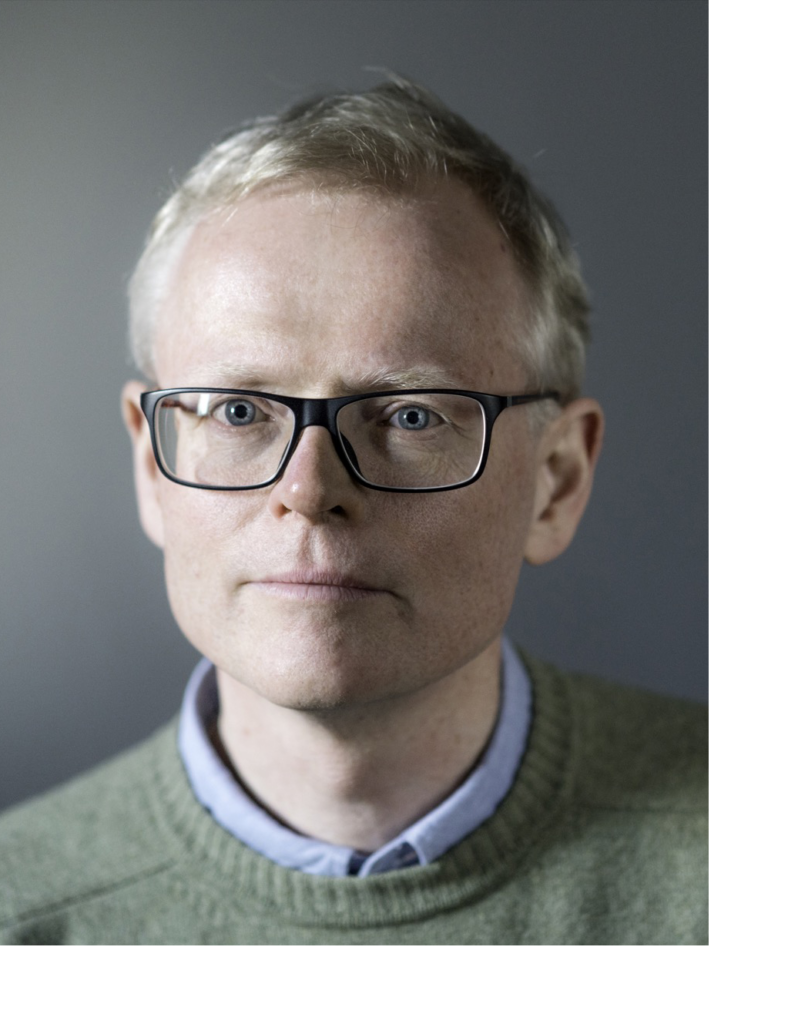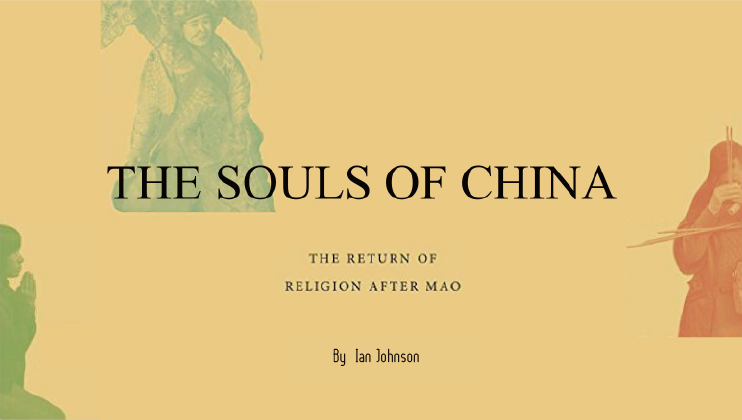Thursday, October 26, 2017 | 5:30 PM EDT - 7:00 PM EDT
National Committee on U.S.-China Relations |, New York, NY
The Communist Party of China has long had an uneasy relationship with religion. Its antipathy reached a crescendo during the Cultural Revolution when religion was attacked as part of the “Four Olds” campaign; public worship and ceremony were banned, members of the clergy were imprisoned or sent to forced labor, and religious buildings and texts were destroyed. Since the death of Mao, and especially in recent years, religion has seen a resurgence, as people search for meaning in a rapidly changing political and social landscape. Many questions have emerged over questions of identity and how to lead an ethical life.
In his recent book, The Souls of China: The Return of Religion After Mao, Pulitzer Prize-winning journalist Ian Johnson recounts a six-year odyssey travelling and observing contemporary Chinese religion. From underground Christian churches to rural Daoist priests, Mr. Johnson outlines various manifestations of the greatest spiritual revival of our time, and probes the myriad questions and doubts that motivate millions of Chinese to seek religious support. On October 26, 2017, Mr. Johnson joined the National Committee for a discussion of his book, China’s epic religious renaissance, and what this means for the world’s newest superpower.

Ian Johnson
Ian Johnson is a Pulitzer Prize-winning writer focusing on society, religion, and history. He works out of Beijing, where he also teaches undergraduate classes.
Mr. Johnson has spent over half of the past thirty years in the Greater China region, first as a student in Beijing from 1984 to 1985, and then in Taipei from 1986 to 1988. He later worked as a newspaper correspondent in China, from 1994 to 1996 with Baltimore’s The Sun, and from 1997 to 2001 with The Wall Street Journal, where he covered macro-economics, China’s WTO accession and social issues. In 2009, Johnson returned to China, where he writes features and essays for the New York Times, The New York Review of Books, as well as other publications, such as The New Yorker and National Geographic. He teaches undergraduates at The Beijing Center for Chinese Studies, where he also runs a fellowship program. In addition, he formally advises a variety of academic journals and think tanks on China, such as the Journal of Asian Studies, the Berlin-based Mercator Institute for China Studies, and New York University’s Center for Religion and Media.
